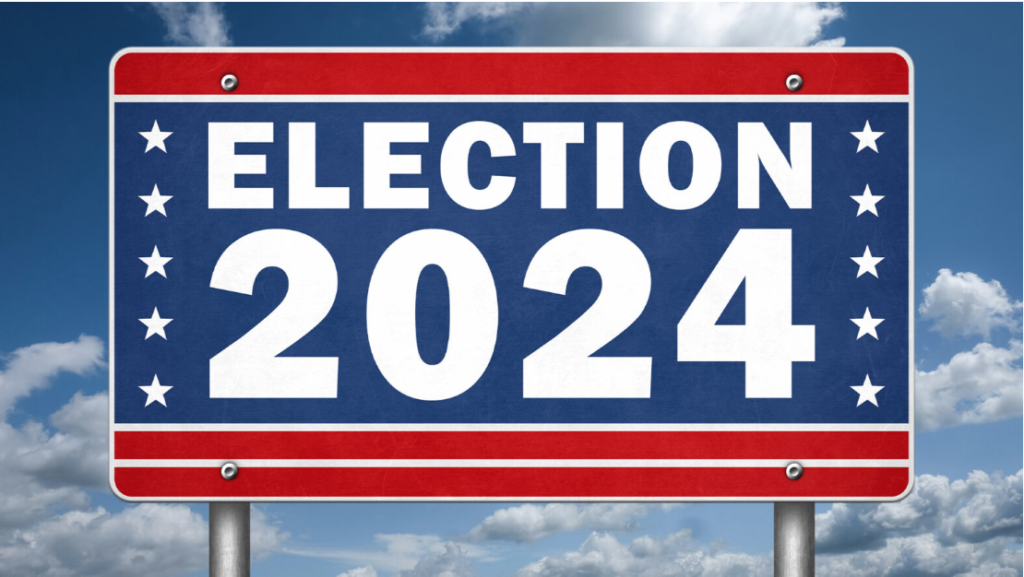By Leon Cohen

The United States has not seen a third-party candidate with significant impact since Ross Perot in 1992. Yet, polling shows a steady increase in Americans willing to vote for a third-party candidate, with recent data showing upwards of 63%. While this sentiment has grown throughout the voter base, the landscape for national elections has become a duopoly between the Republicans and Democrats, who have changed the rules. They’ve done this in two ways: first, by forcing independent candidates to gather signatures to “qualify” to get on the ballot in the various states. This can range from a couple of thousand to hundreds of thousands. A project that only needed a couple of thousand signatures could most likely do it only using volunteers. But RFK Jr.’s campaign estimates that they will need roughly a million signatures to get on all the ballots of all 50 states, costing them upwards of 15 million dollars. So far, the campaign reports it has enough signatures to appear on the presidential ballot in Hawaii, Nevada, New Hampshire, and Utah, and is on track to gain enough signatures for Kennedy to appear on the ballot in Arizona, Georgia, South Carolina, and Michigan. The way they are gaining these signatures is by hiring signature collectors. These individuals pose as volunteers to gather signatures from eligible voters, but in fact, are being hired by super PACs and election committees to gather artificial support for candidates. UGA has even seen some of these signature collectors on campus.
The second issue that RFK is dealing with is states barring him entirely. The Kennedy campaign has sued Utah and Idaho over their ballot access rules and is likely to file lawsuits in six other states. However, for RFK to make a real impact, he doesn’t need to get on the ballot in all 50 states. Getting on the ballot in just 3 or 4 of the seven swing states could drastically change the overall election results.
“If you can’t beat them, join them.” This wasn’t the approach that RFK took as he initially ran as a Democrat and dropped out, but it was the approach of Dean Phillips, a Democrat running against incumbent and current President Joseph Biden. Phillips, who recently suspended his campaign, ran into alternative barriers while trying to run within the two-party system. Though Phillips announced his candidacy late in October before the primary season, he was left off the ballot in several key states, including Nevada, North Carolina, and Florida.
Phillips was also met with other challenges, which included his main opponent Joe Biden not filing for the New Hampshire primary and instead opting to be an in-write candidate. It was the first time an incumbent chose not to file in the first primary election.
This choice was made following Joe Biden’s finish in 5th place in the New Hampshire primary voting in 2020, not winning a single municipality. As a result, the DNC officially filed for Biden in South Carolina first. South Carolina gave Mr. Biden his first 2020 primary win and revived his White House run. The silence and dismissiveness of Phillips’ efforts to compete in New Hampshire forced the hand of the officials, stating that it was a meaningless primary. This incident represents a possibly scary future, where presidential candidates are picked not from the population but from Super PACs with the most money or party elites.
The ballot access laws for the president are much more lenient than for other offices as state legislators place more personal importance on legislative rather than presidential elections. However, for former president Donald Trump, the barriers are unprecedented for a sitting president seeking re-election. At least two states, Colorado and Maine, have already barred the former president from appearing on their ballots due to his actions seeking to overturn the 2020 election results and his role in the Jan. 6 Capitol insurrection. A further 11 states have filed litigation seeking to exclude Mr. Trump as well, in a historically rigid application of ballot access laws. Though he sits charged with 91 felonies, he has not been convicted of a criminal offense.
Logically, it is very damning to be charged with 91 felonies. However, in America, students are taught that one is innocent until proven guilty, and political pressures should not influence who can and cannot sit on the balance.
“It’s an unconstitutional effort to disenfranchise millions of Americans who want to vote for President Trump,” said campaign spokesman Steven Cheung. “We’ll fight this every step of the way.” But these obstacles do not come cheap. The Trump campaign has already racked up over $25 million in legal fees battling the ballot exclusions, a financial drain on resources that could significantly hamper efforts in critical swing states. Additionally, Trump also faces $500 million in civil liabilities that will damage not only his image but also his financial ability to campaign through November.
These challenges come in all different shapes and sizes, yet they all raise the same question: Is the line so clear that we still have fair elections guaranteed to us as Americans? And with these candidates facing such challenges, what needs to be done to ensure elections become more fair in the future?
Photo Credit: https://www.thenewworldreport.com/2024-elections-digital-threats-forecast/.

